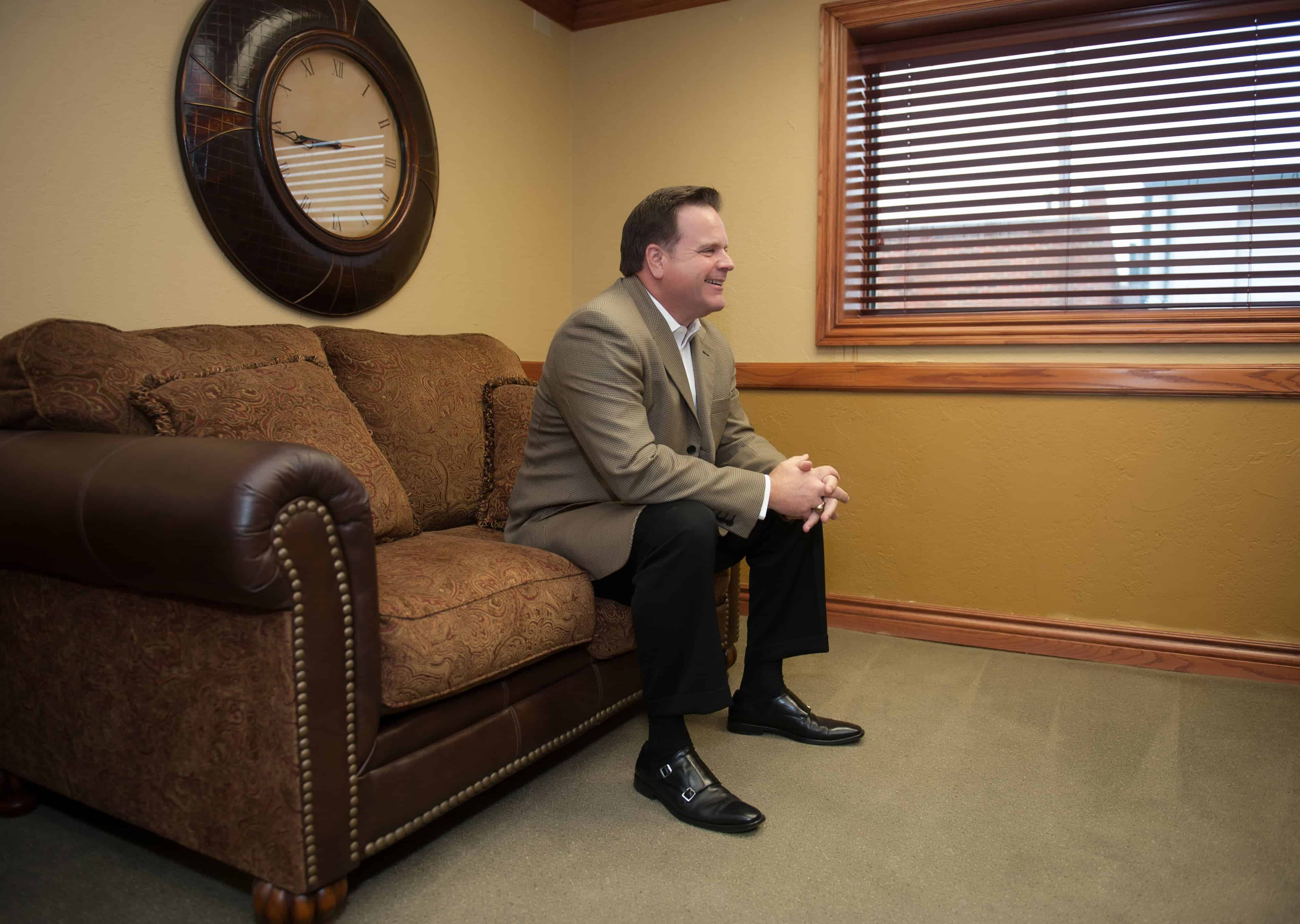One of the most confusing components of the Internal Revenue Code of the United States of America is the difference between deductions and credits. Let’s explore a few of these differences and provide you a guide as to how to select the appropriate approach to lower your income taxes for 2021.
Many younger, married couples desire to own a home. In 2021, due to the effects of the pandemic on supply chains and logistics, the cost of the various materials to build a home has risen significantly. A good method of lowering the overall cost of the home is to take advantage of any credits that may be available to you for home ownership. For example, when renting a personal residence, you receive no income tax benefits for your monthly rental payments. However, when you are investing in a personal residence, the current law allows deductions for ad valorem taxes and mortgage interest.
Notice in the previous sentence I used the word “deductions”. What if you had a more advantageous means of benefitting from home ownership? The First-Time Homebuyer Credit is available for those individuals who have not owned a principal residence in the 3-year period ending on the date of the purchase of the principal residence to which this credit applies. To many millennials, this is an incentive to invest in real estate for potential growth in the future.
The credit amount for purchasing your home, for tax year 2021, is limited to $8,000 or ten percent of the purchase price of the residence.
Additional considerations must be examined to determine qualification for the credit such as purchase price limitations of the home, modified adjusted gross income of the taxpayer (buyer) and the location of the property. Claiming this credit may sound confusing but the benefits exceed the time involved to determine qualification. Consult with your tax adviser or Certified Financial Planner™ professional prior to purchasing your first home to determine if you qualify for this generous credit.
The benefit of a tax credit as opposed to a tax deduction is that a credit offsets your tax liability dollar-for-dollar. For example, lets assume, in a very simplistic example, that you calculated your tax liability for the year 2020 and you owe $15,000 of tax and had $6,000 of federal income tax withholding from your paycheck. This would require you to pay the $9,000 deficiency out of your savings when filing your return. However, if you had qualified for a credit that would offset the deficiency of $9,000, say the First-Time Homebuyer Credit of $8,000, you would only need $1,000 of your savings to completely pay your tax bill.
The deductions for mortgage interest and ad valorem taxes are opportunities to save additional taxes but credits are more valuable to you due to the ability to offset the tax burden directly. Further, you may not accumulate a sufficient amount of itemized deductions for the year in which you buy your first home. The mortgage interest and associated taxes would not be helpful in lowering your income taxes if you can’t exceed the allowed standard deduction.
One of the bedrock principles of tax planning is to take advantage of legal opportunities to lower your tax burden to the lowest possible amount legally owed. Judge Learned Hand’s quote of patriotism in taxation comes to mind – “Anyone may arrange his affairs so that his taxes shall be as low as possible; he is not bound to choose that pattern which best pays the treasury. There is not even a patriotic duty to increase one’s taxes. Over and over again the Courts have said that there is nothing sinister in so arranging affairs as to keep taxes as low as possible. Everyone does it, rich and poor alike and all do right, for nobody owes any public duty to pay more than the law demands.”
Well said, Judge Hand. I’ll see you on the jogging trail!























